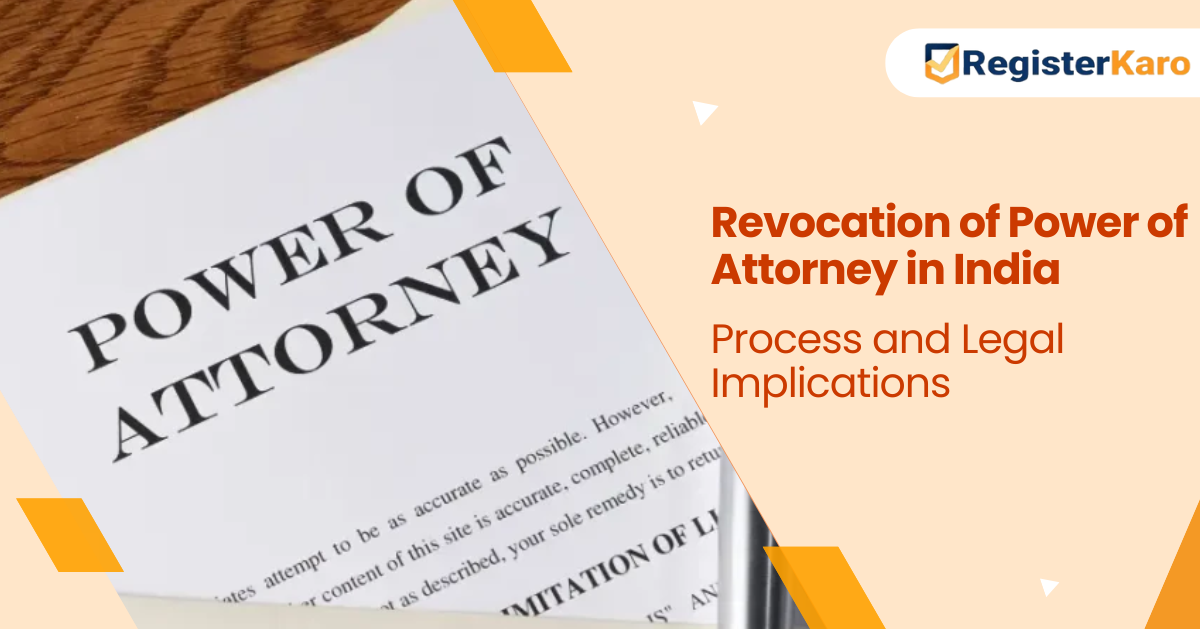A legal notice in India is a formal document sent by one party to another, informing them of a legal dispute and warning them of potential legal action if the issue remains unresolved. It acts as a first step before filing a lawsuit and can often help resolve matters without going to court. Legal notices are commonly used in civil disputes, such as consumer complaints, breaches of contract, or landlord-tenant issues.
The notice outlines the nature of the problem and demands action within a specified timeframe. It also serves as evidence that an attempt was made to settle the issue before taking legal action. Governed by various Indian laws, such as the Civil Procedure Code, 1908, and the Negotiable Instruments Act, 1881, a legal notice is often drafted by a lawyer to ensure its effectiveness. In many cases, a well-drafted legal notice can lead to a resolution without the need for litigation.
Main Purpose of Legal Notice
The main purpose of a legal notice is to make your complaint official. It formally communicates your grievance to the other party and specifies the remedial action you expect. The key goals are:
- To Inform: It officially informs the other person about your grievances in a detailed manner.
- To Demand: It clearly states your demand. This could be a request for money, a demand for an apology, or a requirement to perform a specific action.
- To Warn: It serves as a final warning. It tells the other party the consequences they will face if they ignore your demands.
How a Legal Notice Can Solve Your Problem Without Going to Court?
While a legal notice serves as a serious warning, its primary power lies in its ability to open a channel for negotiation and resolution.
When a person receives a notice from a lawyer, they take it seriously. They understand that you are not just making empty threats. They know you have consulted a lawyer and are ready for the next step.
This often pushes them to contact you or your lawyer to find a solution. They might agree to pay the money, fix the faulty product, or negotiate a settlement. This process of settling the dispute outside of court is called an "out-of-court settlement."











